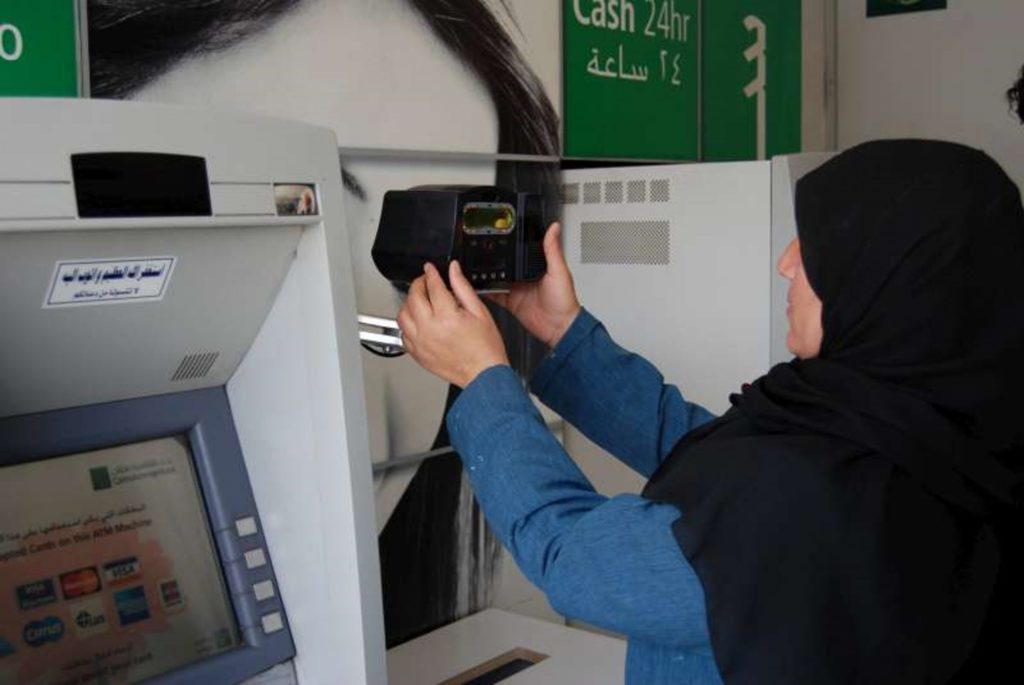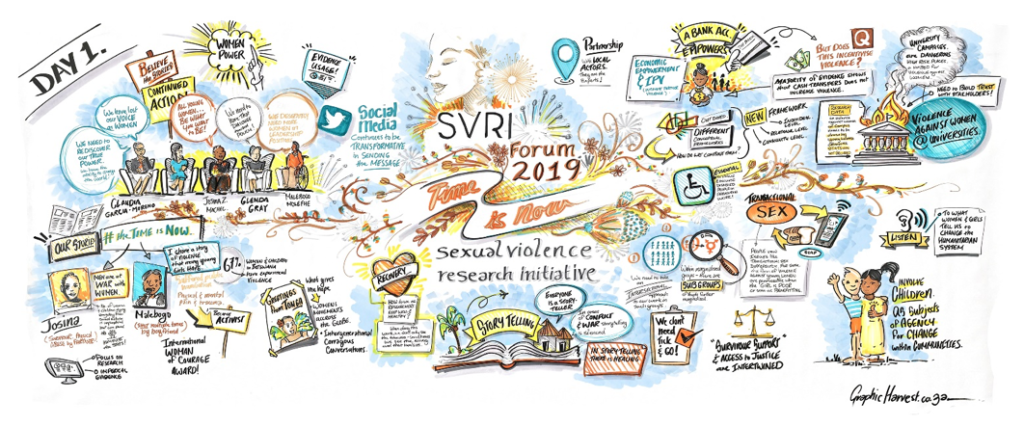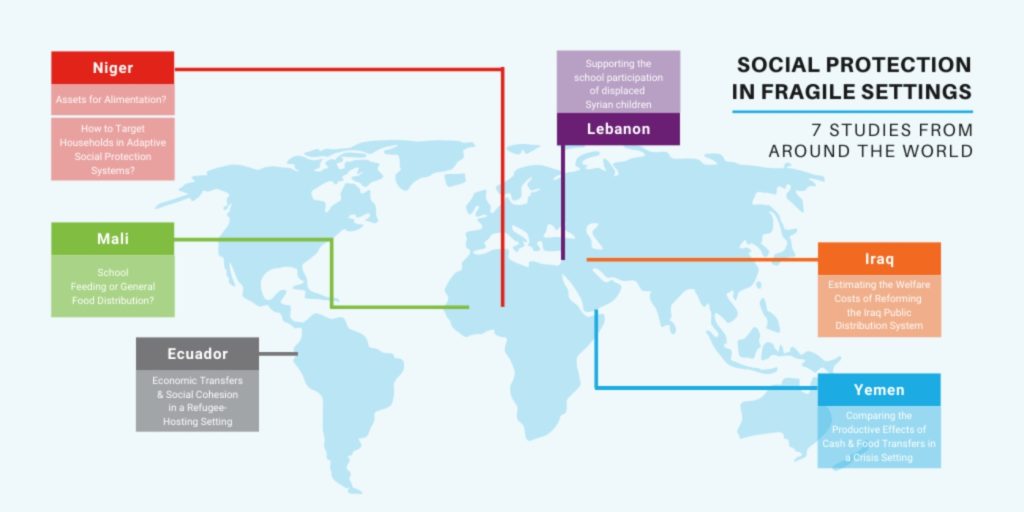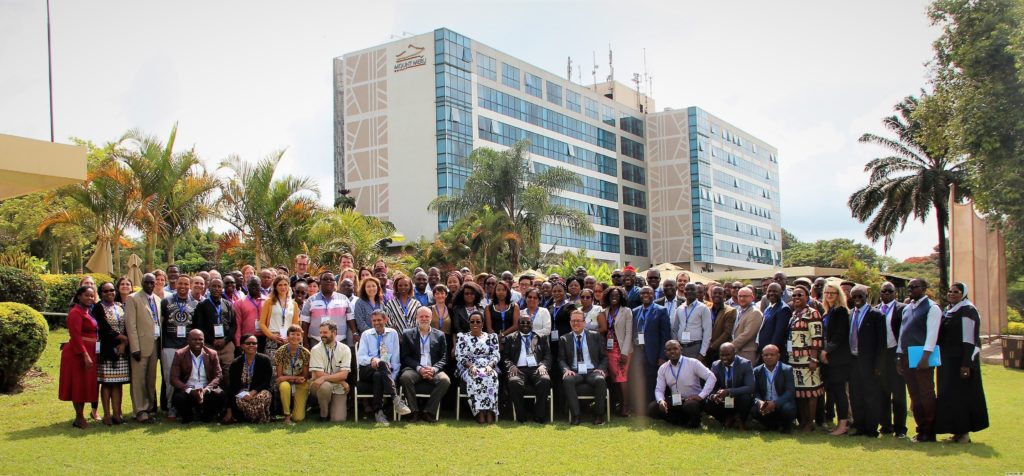Blogs
While containment measures slowed the spread of COVID-19 in Jordan, many already vulnerable people suddenly found themselves without an income. UNICEF Jordan quickly started working with the government and partners to offset the impact by adding new vulnerable households to their cash transfer programme.
The relationship between economic insecurity and gender-based violence is complex and poorly understood—here, we round up evidence from the recent biannual Sexual Violence Research Initiative (SVRI) Forum in Cape Town Oct. 21-25 to highlight what is new and where we go next.
Rigorous research in humanitarian emergencies is not only feasible but also necessary to determine what constitutes effective assistance in these settings. This column introduces a Special Issue of the Journal of Development Studies which demonstrates that research establishing causal effects is vital for the design of efficient and effective social protection in settings of fragility and displacement.
Celebrating 10 years of building evidence for action on cash transfers in Africa, the Transfer Project’s latest multi-stakeholder workshop in Arusha, Tanzania recently gathered social protection experts from 20 African countries. Attended by government representatives, NGOs, academics, and donors, the workshop facilitated cross-country learning, dialogue and debate to inform the development of social protection policies.
The Transfer Project is a collaborative research and learning initiative between UNICEF, FAO, University of North Carolina at Chapel Hill, and national research partners. The project aims to promote evidence generation, capacity building and inform development of programs and policies via regional dialogue in Africa. Every 1-2 years, policymakers, researchers and development partners get together…





